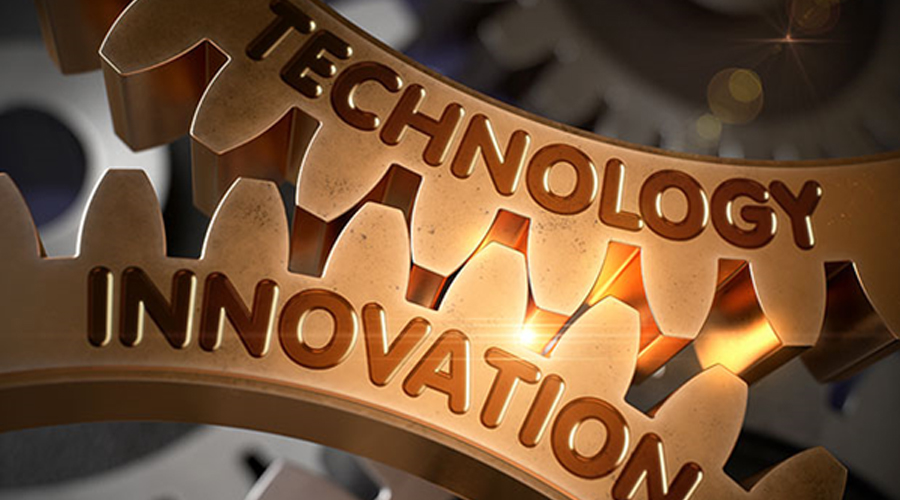As geopolitical tensions continue to shape the dynamics of modern warfare, nations are increasingly turning to cutting-edge technology to secure a strategic advantage. This trend is vividly illustrated through the recent developments in military technology as seen in Israel’s high-tech defence capabilities and broader discussions on the evolving nature of war and technology globally.
Israel’s Strategic High-Tech Defence
Israel has been at the forefront of integrating technology into its defence strategies, effectively leveraging high-tech solutions to enhance its security measures against threats. Recent reports highlight Israel’s success in deploying advanced technologies to “confuse” Iranian drones and missiles. This technological prowess involves sophisticated electronic warfare, cyber capabilities, and missile defence systems that can detect, intercept, and neutralize incoming threats with remarkable efficiency. The utilization of such advanced systems not only demonstrates Israel’s defensive capabilities but also signifies a shift towards reliance on technology over conventional warfare methods.
Global Perspectives on War and Technology
Globally, the relationship between technology and warfare is becoming increasingly complex and integral. According to insights from the Foreign Policy Research Institute, military technology has historically played a dual role, both shaping and being shaped by warfare. This dynamic is particularly evident in the modern age, where technological advancements drive the evolution of military strategies and capabilities. From cyber warfare to drone technology and beyond, the modern battlefield is characterized by a continuous race for technological superiority.
Technological Innovations and Ethical Considerations
While the advancements in military technology offer significant tactical advantages, they also bring forth ethical and strategic dilemmas. The deployment of technologies like autonomous drones and AI-driven defence systems raises questions about the future of human oversight in combat situations. Additionally, the potential for these technologies to alter the global power balance or escalate conflicts requires careful consideration and international dialogue.
The Future of Warfare and Defence
Looking ahead, the integration of technology into military strategy is poised to accelerate, with implications for global security and defence policies. Nations must navigate the challenges of maintaining security while preventing an arms race fueled by technological advancements. Furthermore, international agreements and cooperation will be essential to manage the proliferation of advanced military technologies and ensure they are used responsibly.
The intersection of technology and warfare is reshaping how nations defend themselves and engage with adversaries. Israel’s use of high-tech defence mechanisms against Iranian threats exemplifies the potential of technology to provide security and stability. However, as the world continues to grapple with these advancements, it will be imperative to balance innovation with ethical considerations and strategic foresight. As technology continues to evolve, so too will the nature of warfare, requiring ongoing adaptations to defence strategies and international policies.



